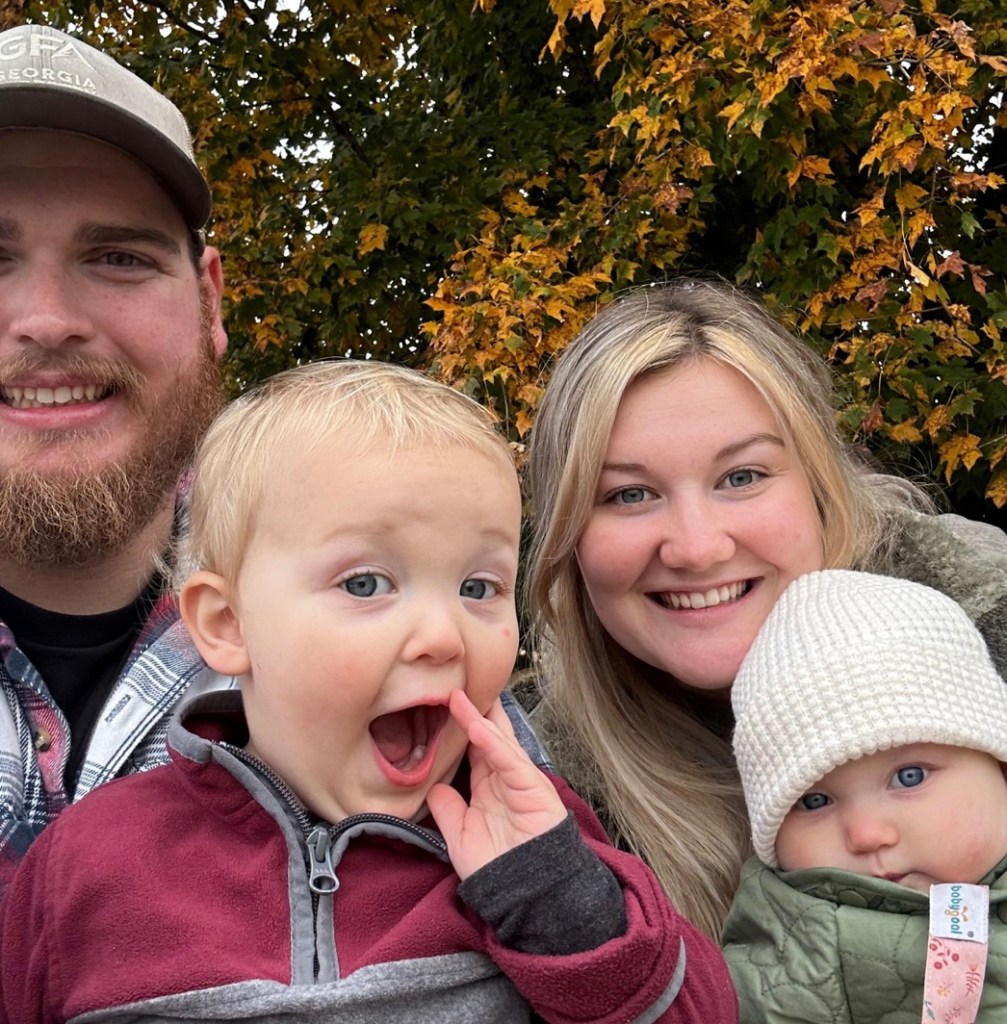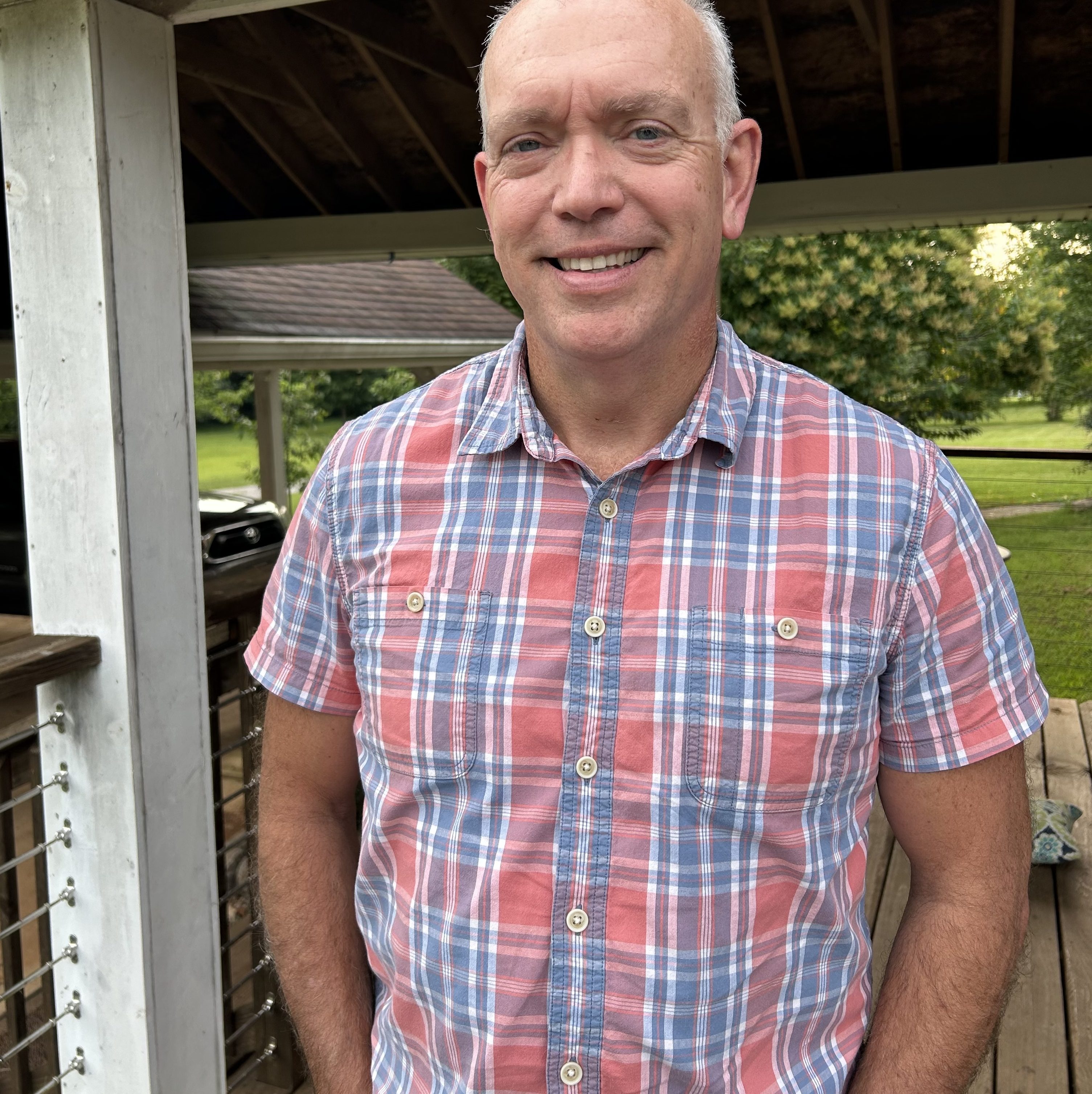Brent Pollard
Modern neuroscience offers terms and insights confirming a core biblical truth: our embodied, habitual practices shape desires and loyalties, drawing us toward or away from God. This central thesis—that repeated actions shape our desires and faith—resonates across both Scripture and scientific concepts such as dopamine pathways, oxytocin bonding, and neural plasticity. Though Paul lacked neuroscientific knowledge, his command to “be filled with the Spirit” and engage in corporate worship (Ephesians 5.18-19) reveals this enduring principle: repeated communal practices shape our souls and determine spiritual direction.
This is not to reduce the spiritual to the chemical or make sin a neural glitch. We caution against such reductionism, as explaining away the body undermines the explanation itself. Instead, we affirm God made us integrated—body and soul—and His commands for Christian living address all of life. When Scripture tells us to sing, it is not empty ritual, but divine wisdom through human formation.
Herein lies a sobering truth: the neurochemical systems God designed for spiritual growth and holy community have a dual potential. These systems can also be redirected to reinforce sinful behaviors or forge harmful, ungodly bonds. Clarifying this dual capacity shows that biblical worship practices are not arbitrary but serve as intentional means to transform our desires toward godliness and protect our hearts for God’s glory.
The Double-Edged Nature of Desire: When Good Design Meets Fallen Hearts
Dopamine is often called the “pleasure chemical,” but this simplifies its role. It drives anticipation, motivation, and reward-seeking, leading us to pursue goals and form habits. Each rewarding experience strengthens involved neural pathways, making repetition more likely. This process underpins learning, mastery, and addiction.
Hebrews warns that sin can “entangle” us (Hebrews 12.1), and neuroscience explains how. Each time sinful behavior brings pleasure—through sexual immorality, drunkenness, covetousness, or rage—dopamine reinforces neural pathways linked to that sin, making repetition easier and resisting harder. The drunkard’s brain craves alcohol; the immoral person’s neural pathways deepen ruts of lust.
Solomon asks, “Can a man take fire to his bosom and his clothes not be burned?” (Proverbs 6.27). No. Sin burns because it exploits bonding, pleasure, and motivation systems. Salvation submits to authority; sin is rebellion. Repeated rebellion embeds biochemical pathways, weakening the will.
Oxytocin, the “bonding hormone,” promotes trust, attachment, and cohesion. It helps mothers bond with infants, spouses unite, and communities form, but does not distinguish between holy and unholy bonds. Whether connecting to Christ’s body or binding an adulterer to a mistress, oxytocin strengthens whatever bonds recur.
This clarifies Paul’s warning: “Do not be deceived: ‘Bad company ruins good morals'” (1 Corinthians 15.33 ESV). The corruption is not just philosophical but neurological. Time with those who mock holiness releases oxytocin, bonding believers to them and leading them to oppose faithfulness to Christ. Such fellowship feels good chemically, yet diverts the heart from God. Men are judged by the company they keep and reject.
With these examples in view, the dilemma is clear: systems that foster holiness can also nurture wickedness. Desire is neutral until directed. Our brains are shaped by repeated practice; the question is which practices shape us, and for what purpose.
Why God Commands Congregational Singing: Worship as Neural Reprogramming
Paul repeatedly emphasizes the importance of congregational singing. In Ephesians 5.19, believers are commanded to sing together, and in Colossians 3.16, the instruction is nearly identical. These are not casual suggestions, but apostolic imperatives given under the inspiration of the Holy Spirit.
God cares whether His people sing because singing engages body, mind, emotion, and community. Singing is formative: it guides desires toward God, reinforces truth through repetition, and fosters shared confession. The early church sang not for performance or preference, but to align with God’s truth.
God is most glorified in us when we find joy in Him. Congregational singing cultivates that satisfaction. As believers sing of Christ’s excellencies, neural pathways are rewired. Dopamine that signaled anticipation of sin now signals anticipation of worship. Oxytocin that bonded to worldly friendships now bonds to the body of Christ. Desire is reordered—not by willpower, but by God’s gracious, embodied design.
Singing content matters. Paul says to use “psalms, hymns, and spiritual songs”—not entertainment or emotional manipulation. The “word of Christ” must dwell richly (Colossians 3.16), ensuring songs are theologically meaningful. Shallow, repetitive choruses stir feeling but lack teaching. Even beautiful, heretical lyrics poison the mind. Thoughts shape feelings; feelings guide actions. What we sing shapes belief, desire, and behavior.
Singing as Resistance: Countering the Threefold Temptation
John identifies three primary ways the world corrupts desire: “the lust of the flesh, the lust of the eyes, and the boastful pride of life” (1 John 2.16). These—sensual cravings, covetousness, and arrogance—have fueled human sin since Eden (Genesis 3.6). Congregational singing quietly challenges each.
The flesh seeks gratification—gluttony, drunkenness, immorality, indulgence. Singing involves the body without temptation. Lungs expand, diaphragm contracts, vocal cords vibrate—active participation without excess. The body is disciplined for sacred purposes. Serving God with strength brings joy. Singing helps believers find satisfaction in worship, not excess.
Desire of the eyes stirs covetousness—constantly comparing and inviting discontent. Singing shifts focus from acquiring to adoring. Believers praise together, not judging status but looking to Christ (Hebrews 12.2). This moves us from comparison to contemplation. As Paul says, “Set your minds on things that are above, not on things that are on earth” (Colossians 3.2 ESV). Congregational singing is a practical way to realign the mind.
The pride of life seeks recognition and elevation. Congregational singing balances pride by blending voices; no one dominates, all harmonize. Whether wealthy or struggling, all sing the same words in the same key, offering equal contribution. Pride comes from having more than others; singing counters this by uniting individuals.
Replacing congregational singing with performances undermines God’s design. Spectator worship makes believers passive consumers, reinforcing laziness, covetousness, and pride—traits singing counters. Worship is not entertainment; it is transformative.
Redemption as Re-embodiment: Reclaiming Desire for God’s Glory
The gospel renews both soul and body. Christ’s incarnation, death, burial, resurrection, and promised return affirm that redemption involves the whole human person. As Paul says, “Present your bodies as a living sacrifice, holy and acceptable to God, which is your spiritual worship” (Romans 12.1 ESV). The body is essential to worship, not an afterthought.
This is the heart of the matter: God’s instructions—including the command to sing together—are designed to reclaim and shape desires toward His glory. Redeeming both our spiritual and neurological tendencies, these embodied practices counter the world’s misuses and point us toward wholeness in Christ.
This is not manipulation but a gracious design. God, who knows how He made us, provides ways for us to be conformed to His Son’s image (Romans 8.29). Congregational singing is one such way—sharing confession, mutual encouragement, and reshaping desires. When we sing together, we participate in something beyond ourselves: the transformation of desire through God’s power working within community.
The transformation happens gradually. Neural pathways don’t rewire overnight, nor do sinful habits vanish instantly. Yet, as believers sing truth together week by week, something shifts: Christ’s word becomes richer, desires realign, bonds strengthen, and the body matures. This reflects God’s plan for spiritual growth—incremental, communal, and embodied in singing together.
Conclusion: Lift Your Voice, Reorder Your Heart
We live in an era that best understands desire. We know how habits form, bonds strengthen, and pleasure pathways are hijacked. Yet, we are more enslaved to disordered desire. Addiction rises, loneliness grows, and the relentless pursuit of satisfaction leaves many empty. It is time to reconsider our relationship with desire and intentionally pursue healthier, more fulfilling ways forward.
In this cultural moment, the ancient practice of congregational singing takes on new urgency. God’s command for His people to sing together wasn’t a mere ritual; it was a way to reclaim, redirect, and redeem desire. This embodied act serves as a form of resistance to the threefold temptation that enslaves the world and fosters a community whose bonds transcend death.
The question is whether we will embrace God’s gifts or replace them with more culturally accepted options. Will we gather weekly to sing with whole body, mind, and heart engagement? Will we demand content that is theologically rich and biblically grounded? Will we teach the next generation that worship is active participation, not passive consumption, in transforming desire?
The stakes are often higher than we realize. Repeated practice shapes our character. Singing truth allows it to take root; singing together strengthens bonds of love; singing to God cultivates a desire to seek Him above all. This is not just theory but the lived experience of believers throughout history, who have found that congregational singing does more than express faith—it shapes it.
Lift your voice and join your brothers and sisters. Let Christ’s word dwell richly within you. In a world that seeks to hijack your desires, practice what God designed to reclaim them for His glory. As you sing, trust that God is reshaping your appetites, reordering your loves, and conforming you to the image of His Son. This is worship as God intended: not entertainment, but transformation; not performance, but participation in the redemptive remake of desire.






















